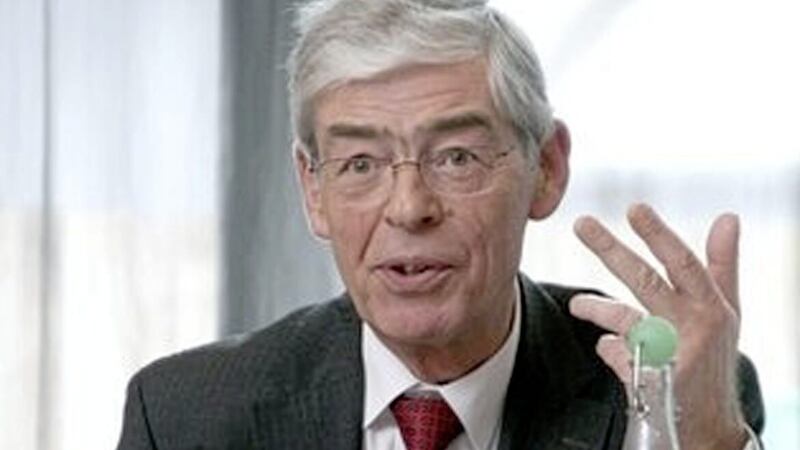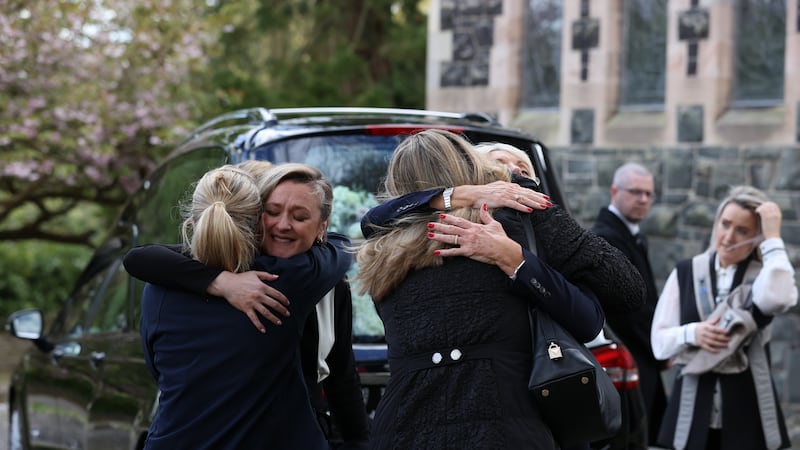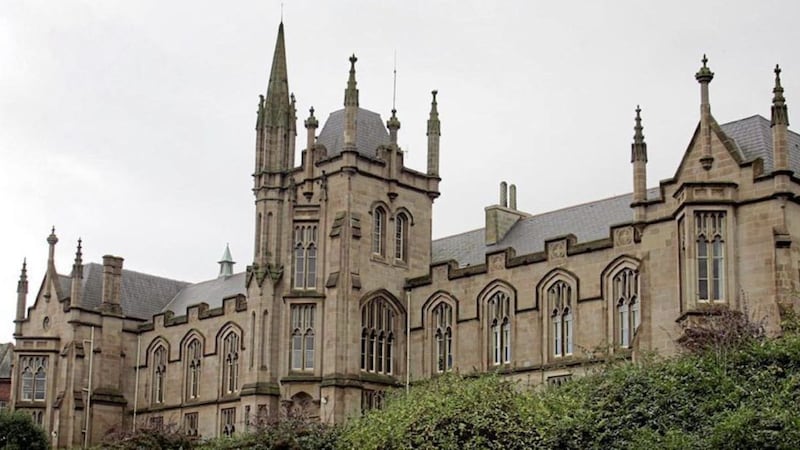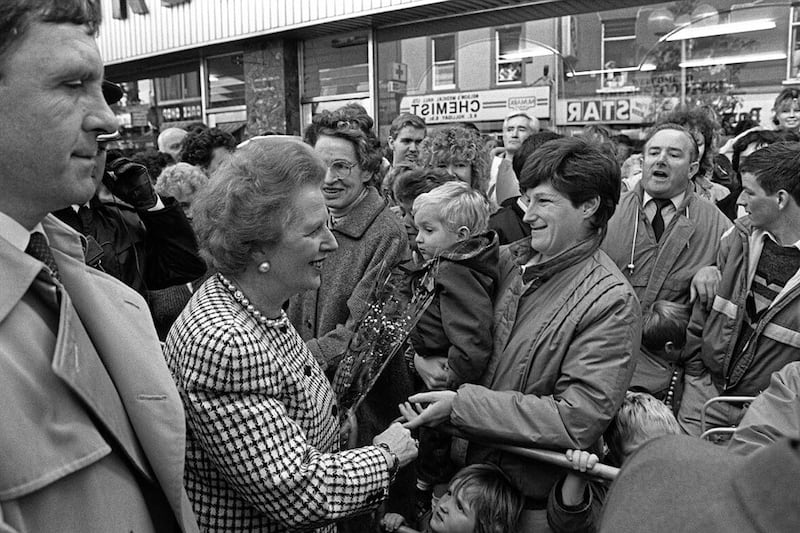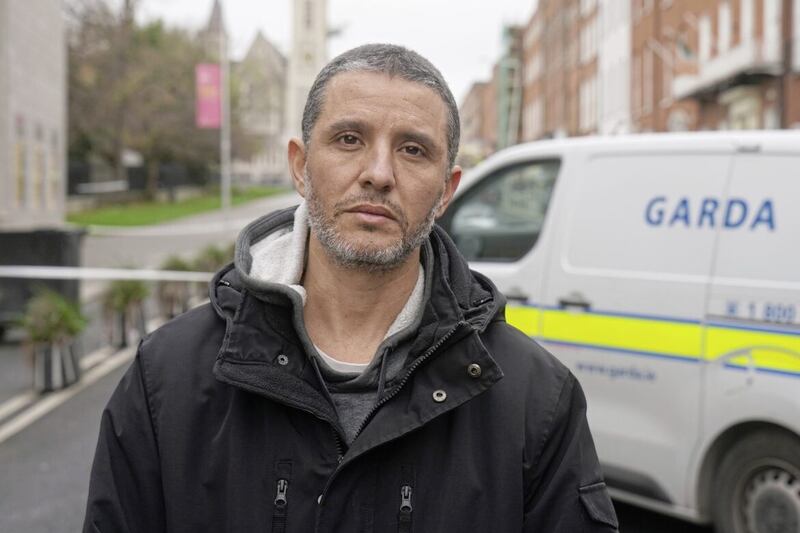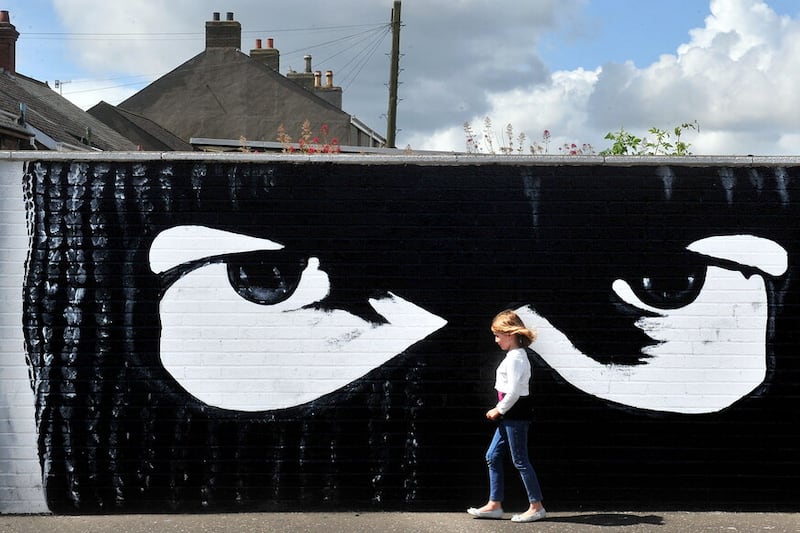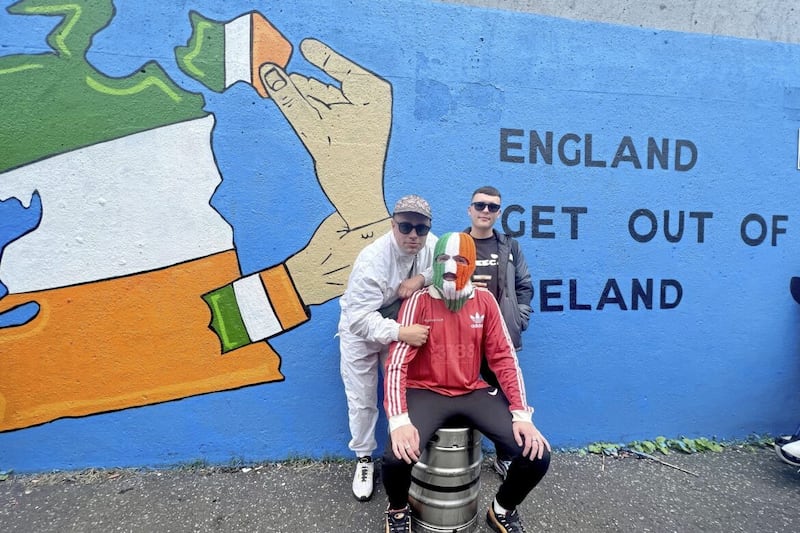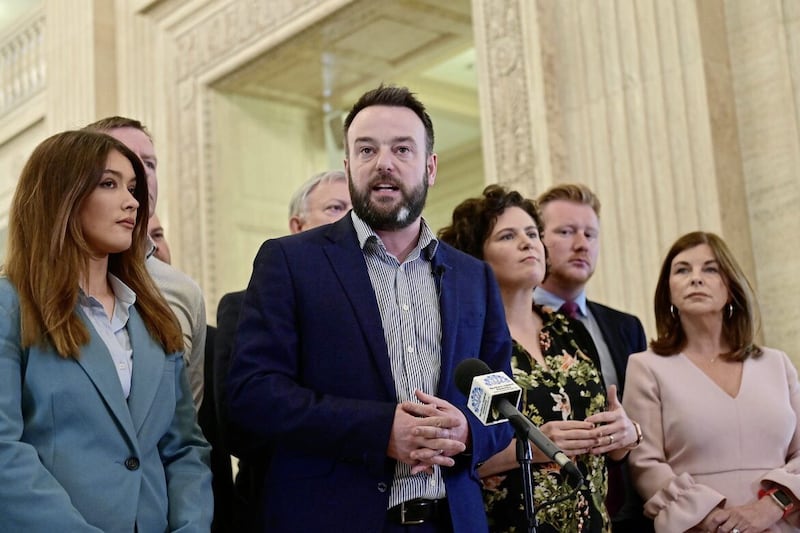Alan Dukes is a very honourable man. He proved this after agreeing to the 1987 ‘Tallaght Strategy'.
Dukes put the economic wellbeing of his country ahead of the fortunes of his party, Fine Gael. This isn’t easy. Few politicians do it but Dukes did.
Another was John Hume. He put the saving of lives ahead of all other priorities, personal and political, including the future of the SDLP.
That said, when an honourable and thoughtful person like Alan Dukes makes a ridiculously stupid statement it carries more weight because of his status. This was picked up by the former Fianna Fáil minister and border TD, Brendan Smith.
Dukes was interviewed as part of the fascinating RTE documentary on Sean Quinn, called ‘Quinn Country’.
The Quinn saga is pure drama. Sean Quinn is both a mercurial and polarising individual. Successful, flawed, genius and dogged. The documentary producers deserve much credit for tackling this subject. Both Quinn supporters and critics will have taken something from the programme.
There has been widespread reporting of acts of violence on individuals and property in the Cavan/Fermanagh areas over the past ten years. These were unedifying, unjustified and misguided.
Those who abducted and tortured Kevin Lunney in the most barbaric way deserve more than denunciation.
Quinn has repeatedly denied involvement in any violence.
Unquestionably, in Cavan/Fermanagh, Sean Quinn made an economic oasis out of rural desert.
He created jobs and built an empire.
In fairness, the Quinn legacy in this regard is secure. The current management team has continued to do exactly the same.
History will cast a judgment on the rights and wrongs in the narrative of the rise and fall of the Quinn empire. It’s probably not for now.
Quinn said he made some mistakes. Others would regard those remarks as an understatement.
But back to Alan Dukes, who said: “Border people have it their blood. They are living in communities that have a long history of violence of different kinds and they will will turn to it more than anyone else will”.
This is a crass, sweeping and grossly insulting statement. The penny finally dropped with Dukes and he apologised. In truth, there is nothing more ‘ex’ than an ‘ex’ politician.
Dublin is hardly a border community but it is decimated by criminal gangs and former privatised paramilitary militias leeching off local communities. The same types with different origins also live parasitical lifestyles in north and east Belfast on the backs of beleaguered local residents. Violence isn’t in the blood of locals in these areas. Violence is done to them, sucking and sacrificing their blood to protect the actual bandits, bullies and bruisers.
Border communities have borne the brunt of both politically and criminally inspired violence. Sometimes there was a very thin line between what was politically inspired and criminally orchestrated. There was, and is, no ambiguity as to who were the victims. They were ordinary law abiding people. Proud but also fearful. Resilient always but all too often collectively vilified by the media. It’s easy to label an entire community; it’s much harder to repair the damage.
Criminals and paramilitaries feather their own nests. They are self-serving. At times, they even collaborate.
Fine Gael minister and TD for Cavan/Monaghan Heather Humphreys was right to be outraged by Alan Dukes. The latter is out of touch.
Border communities are courageous. Champions even. They should be lauded for surviving despite the economic challenges brought about by partition and the corrosive process of the Troubles which left them powerless between the ruthlessness of security forces and the savagery of paramilitaries.
The American Irish writer Steward Stafford said that in times of oppression “people bury their quality of mercy deep inside so the brutality of the oppressor couldn’t reach them”. But “once free”, he wrote that “their shard of humanity is brought back to their hearts and they live the lives they were once denied”.
Something worth recalling in relation to commentary on border communities.

